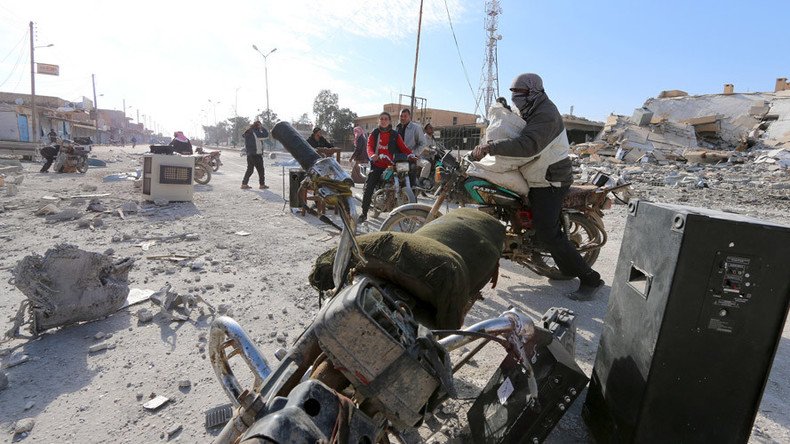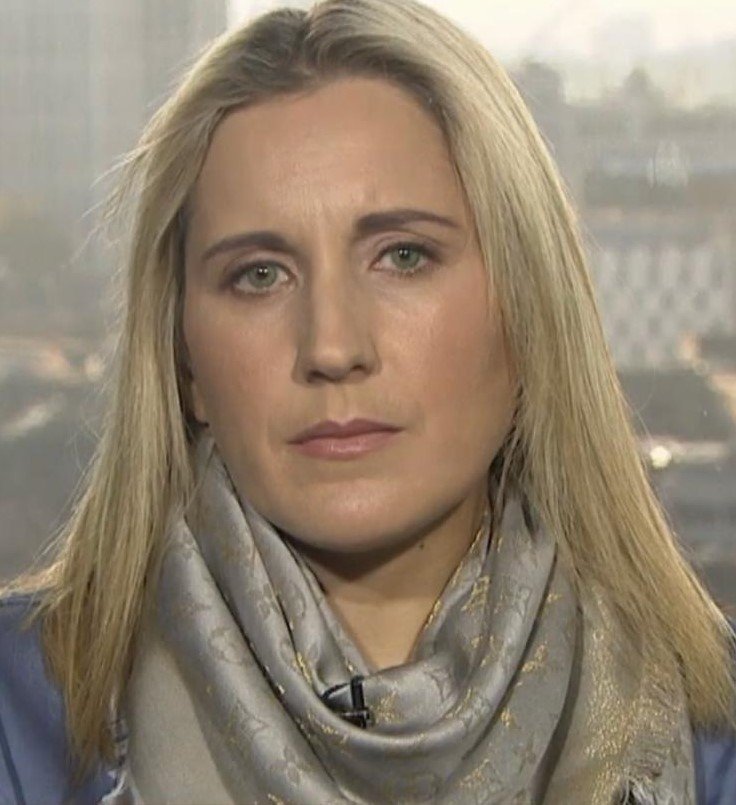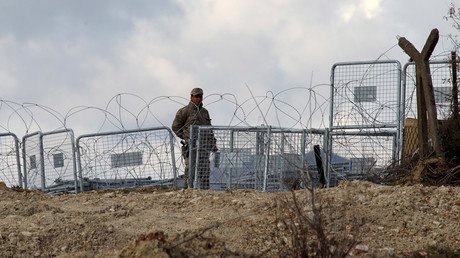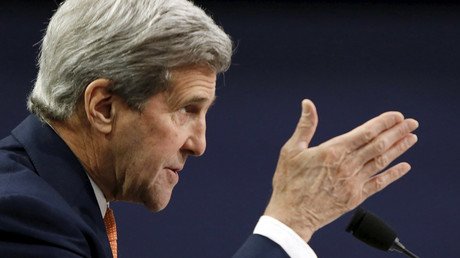Syria’s truce and the race for Syria’s war – Decoding political talks in the Levant

Syria entered a truce Friday set to last a whole two weeks, allowing for a much needed humanitarian reprieve. The question on everyone’s lips: will it hold, and more importantly – what kind of resolution will it achieve for the Syrian people?
Following months of political and diplomatic wrangling between Washington and Moscow, whose governments have rather radically different visions for the Middle East, as far as self-governance and the rule of law are concerned, finally came to a tentative understanding over Syria by way of a military truce this February.
While few thought any bridge would ever be raised between Damascus and the so-called opposition, as embodied by the High National Committee (HNC), Syrian President Bashar Assad demonstrated once again his willingness to negotiate Syria a way out of war – I don’t believe the same could be said of those rebel factions which pro-democracy agenda has proven as fallacious as their taste for bloodshed has been pronounced.
The agreement, which evidently does not apply to those factions which have overtly declared their allegiance to terror, provides for a complete cessation of hostilities, as well as all territorial pursuits. A news report prepared by RT this Friday noted: “Participants are obligated to ‘cease attacks with any weapons, including rockets, mortars, and anti-tank guided missiles’ and ‘refrain from acquiring or seeking to acquire territory from other parties to the ceasefire.’ They must also allow ‘unhindered and sustained’ access to humanitarian assistance missions and employ only ‘proportional force in self-defense against those not party to the agreement.’”
So far I would say that Syria’s ceasefire is pretty standard – after all no outlandish demands were made against Damascus, thus allowing for its government the space it still needs to pursue its counter-terror efforts.
So what’s wrong with this picture? On paper, it looks as if the US and its allies are finally giving in to diplomacy, while somewhat recognizing Damascus’s authority, if not overtly, at least implicitly.
So why the sinking feeling? For one, I believe this ceasefire to be a sham – a blanket pulled over the world community’s eyes to offer a resemblance of security before the kill. Don’t get me wrong here, both Damascus and Moscow are acutely aware of the manipulation. I actually think they are playing into it, eyes wide open.
Welcome to the beautiful world of Sun Tzu and how to get your enemy tangled up on its own deceit.
Now that we know what the US and its legions of “moderates” would like you to believe, what it is that they actually unwittingly revealed? Because somewhere in there lies the realpolitik of Syria’s war.
Syria’s moderates have agreed to a truce – that’s the line played by Washington. Is it me or did Western powers actually admit they are in fact in bed with terrorism? Or are we still under the impression those moderates are choir boys playing democracy-building?
Washington says it will watch over and regulate the ceasefire to make sure that all parties – aka its allies – will abide by the terms of the truce. Cute, but it essentially implies that the US has control over radical militias… No?
Ok, what about Elizabeth O’Bagy’s March 2013 report for the Institute for the Study of War, where she clearly announces the FSA (Free Syrian Army) links with the likes of Ahrar al-Sham and al-Qaeda-linked militants? Does Washington rule over those as well?
But that’s not the half of it. Radicalism aside, hypocrisy and manipulations aside, there is one little unknown fact which should all have you climb the curtains and scream betrayal. Guess who’s pulling the FSA strings? Guess who, in the shadows have been playing, propping and directing this grand anti-Assad coalition Washington has spent millions of dollars arming and training? Turkey.
Erdogan’s Turkey is sitting right at the epicenter of Syria’s war.
In a March 2013 article titled, “The Free Syrian Army Doesn’t Exist,” Aron Lund, editor of the Carnegie Endowment for Peace’s Syria in Crisis blog, argued that the Free Syrian Army was likely the creation of Turkish intelligence operators. Riad al-Asaad, a renegade Syrian colonel, announced the creation of the FSA from Turkey in July 2011. Moreover, the Free Syrian Army which has been seen as the military wing of the Syrian National Council, is in fact being run from Turkey since the exiled political group is based in Istanbul. How is that for an interesting twist?
There’s more… as Russia and the US came together to announce Syria’s truce, Turkish President Recep Tayyip Erdogan came out of the political woodwork to proclaim he would not be bound by any ceasefire should Turkey’s national security be threatened. Subtitles need to read here that he will continue to pursue his geopolitical interests in Syria regardless, and all so exceptionally, under the convenient “Kurdish cover.”
And then of course there is John Kerry’s infamous Plan B … Which Plan B by the way was dutifully slammed by Russian President Vladimir Putin via his deputy foreign minister. “We’re perplexed by our Western partners, the US included, mentioning the existence of some kind of ‘Plan B.’ Nothing is known on that one, we are considering no alternative plans,” Deputy Foreign Minister Mikhail Bogdanov said at a conference in Moscow.
So what is Plan B? Well the partition of Syria, of course. If you can’t beat them, break them, they say.
If Western capitals want to be reassuring in their handling of Syria’s war, I believe it is rather clear their intentions vis-a-vis the Syrian people are less than benevolent, since what they are working toward is essentially the Balkanization of the Levant, with Syria as a blueprint.
But what about Russia and President Assad? Surely they are not blind to such covert games. I would say that they are in fact the only sane parties sitting at the table as their focus remains humanitarian relief.
However briefly this truce will last, it still can allow for aid to be ferried into those zones most affected by the conflict, offering a much-needed reprieve. I also believe Russia is very much trying to shepherd world powers back to the rule of law by setting in place a legal framework which could be later on build upon.
I would not underestimate President Putin’s determination in weaving a tight legal network around unruly imperialistic powers. To be continued, I guess….
LISTEN MORE:
The statements, views and opinions expressed in this column are solely those of the author and do not necessarily represent those of RT.














